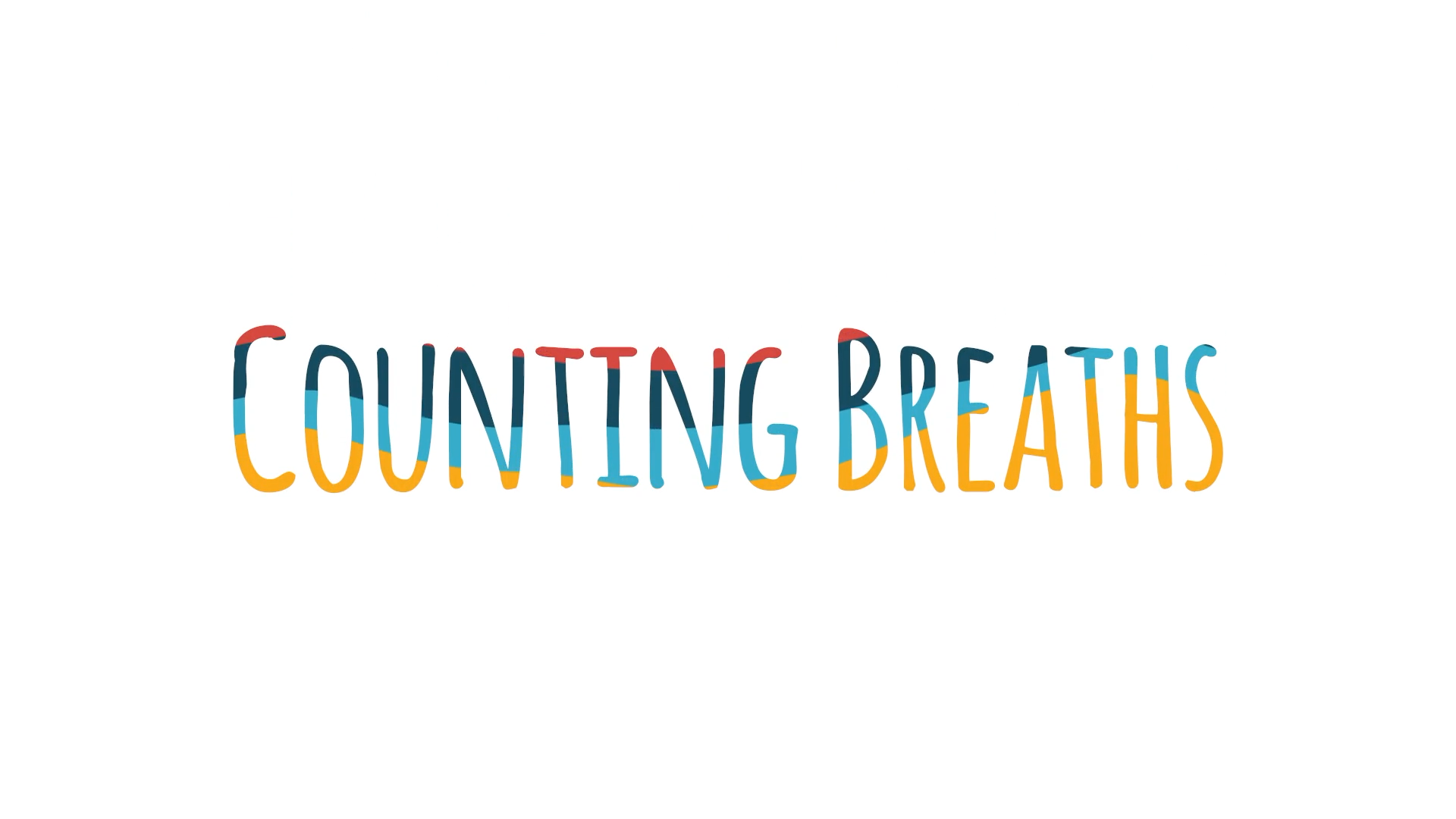
Introduction
In this blog post, we will explore the concept of Counting Breaths, a simple and effective technique to help students in Special Education settings manage stress and improve focus. This practice can be especially beneficial to students who have difficulty controlling their thoughts when they are stressed or overwhelmed. By incorporating principles of Social-Emotional Learning, we can support our students in developing self-awareness, self-regulation, and coping strategies that can positively impact their overall well-being.
No-Prep Activity: Guided Counting Breaths
This activity requires no preparation or materials from the educator. Begin by having students sit in a comfortable seated position. Encourage them to relax their arms by their sides or rest gently on their knees. Instruct students to take a few deep breaths on their own, inhaling and exhaling slowly. As they breathe, they should say the numbers in their head, starting with one on the inhale and two on the exhale. With each exhale, students should focus on relaxing a specific part of their body, such as their face, neck, or shoulders.
After a few rounds of counting breaths, encourage students to continue the practice on their own for a few more minutes. Remind them to focus solely on their breathing and counting. The goal is to help students slow their minds, control their breathing, and ultimately, feel more relaxed and focused.
Discussion Questions
- How did you feel before and after practicing Counting Breaths? Did you notice any changes in your thoughts or emotions?
- What challenges did you face while trying to focus on your breathing and counting? How can you overcome these challenges in the future?
- When do you think practicing Counting Breaths could be most helpful for you? Can you think of any specific situations in which this technique might be beneficial?
- How can incorporating Counting Breaths into your daily routine support your overall well-being and success in school?
Related Skills
In addition to Counting Breaths, there are other related skills that can help students in Special Education settings manage stress and improve focus. Some of these skills include:
- Mindfulness and meditation practices
- Progressive muscle relaxation
- Visualization and guided imagery
- Deep breathing exercises
- Journaling and self-reflection
Next Steps
If you are interested in exploring more activities and strategies to support your students in Special Education settings, we invite you to sign up for free sample materials at Everyday Speech. These resources can help you incorporate Social-Emotional Learning principles into your teaching and provide your students with valuable tools for managing stress, improving focus, and enhancing their overall well-being.

